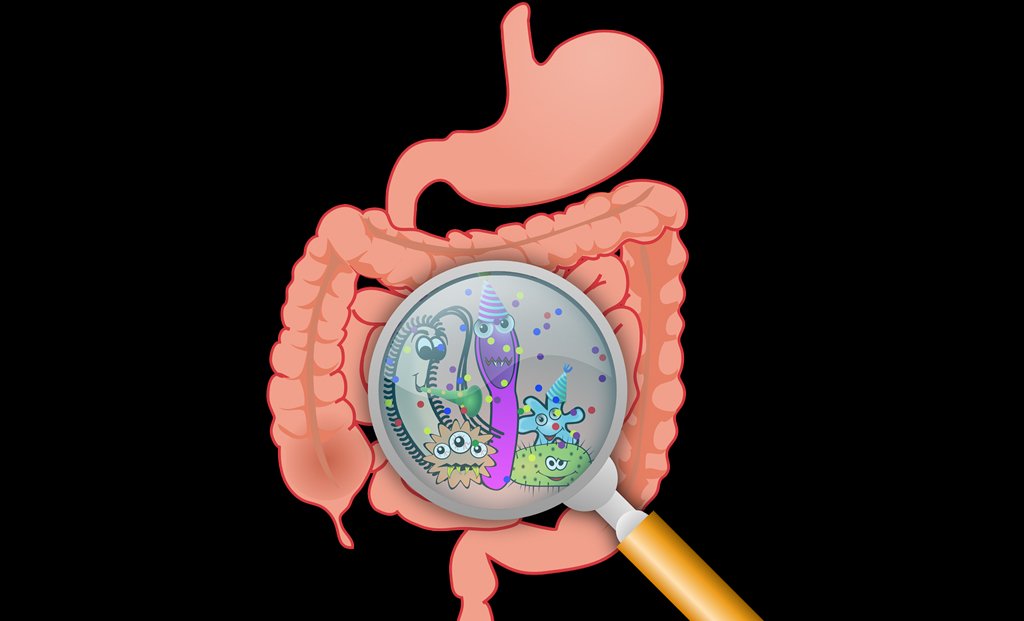Scientists have recently recognized the crucial role of gut health in our overall well-being. The gut microbiome, consisting of trillions of bacteria, fungi, viruses, and microorganisms, communicates with the rest of our body. A diverse microflora, rich in beneficial microbes, is associated with long-term health benefits.
Why is maintaining good gut health important? A groundbreaking study conducted in 2021 by King’s College London identified 15 specific gut microbes that were linked to a decreased risk of common conditions like obesity and type 2 diabetes. Professor Tim Spector, an epidemiologist and scientific co-founder of the nutrition program Zoe, emphasized that when we eat, we not only nourish our bodies but also feed the trillions of microbes residing in our gut.
From immune function to mental well-being, the foundations are laid in the gut. To shed light on this topic, Vogue spoke with Dr. Federica Amati, a medical scientist, public health nutritionist, and science communications strategist at Zoe, who shared the key signs and symptoms indicating an unhealthy gut and offered suggestions on how to address them.
Here are 7 signs that your gut might be unhealthy:
Constipation or diarrhea: These symptoms indicate that something is amiss in your gut, such as difficulty processing food or an imbalance in the gut’s microbial composition. If either symptom persists for more than seven days or disrupts your daily life, it’s advisable to consult your general practitioner (GP).
Bloating: Often accompanied by constipation or diarrhoea, bloating can be a noticeable symptom and should be taken into account.
Flatulence: Excessive, uncomfortable, or painful gas passing is another sign that your gut health may be compromised.
Acid reflux: Acid reflux suggests that something you’re consuming isn’t agreeing with your gut. It’s worth noting that the use of acid blockers, commonly employed to treat acid reflux, can have adverse effects on your gut microbiome and trigger a vicious cycle.
Nutritional deficiencies: A deficiency in vitamins or nutrients can be an indicator of an inadequate diet or problems with nutrient absorption. Nutrient deficiencies are often discovered when individuals undergo further testing due to suspected gluten allergies (celiac disease), which can affect nutrient absorption.
Multi-Visceral And Abdominal Organ Transplantation In Post-Transplant Care: Ensuring Long-Term Success And Well-Being | ALSO READ
Poor mental health: Depression, anxiety, and other mental health conditions are connected to your diet and gut health. Additionally, feelings of fatigue or low energy can signify poor gut health.
Skin issues: Conditions like acne, eczema, and psoriasis are closely linked to the gut through the gut-skin axis. For instance, a recent study in 2022 revealed that consuming dietary fiber could help prevent or treat skin allergies.







